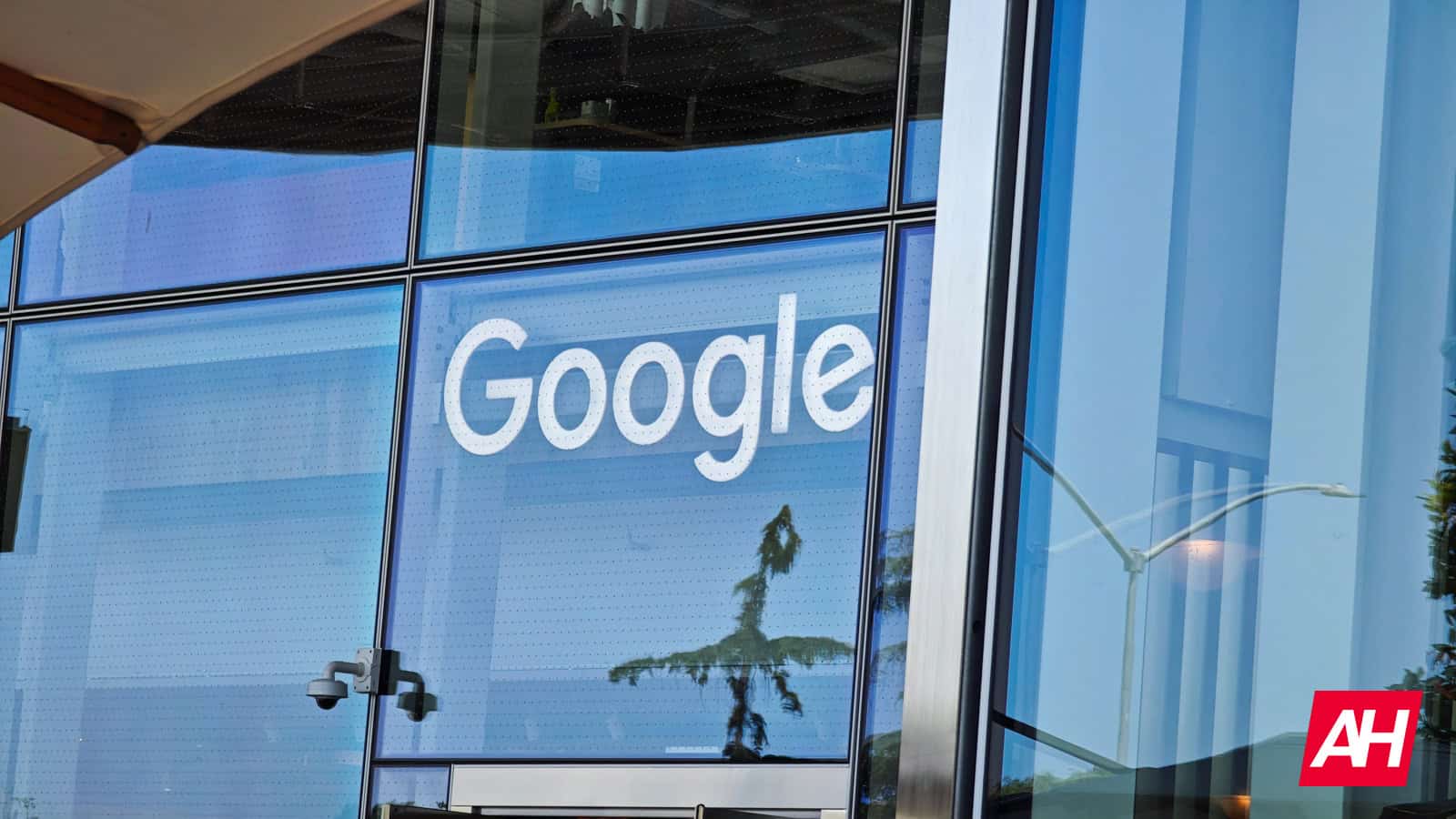For some time now, the EU has been putting big tech companies under scrutiny using the Digital Markets Act (DMA) rules. Although the law aims to enhance fair competition in EU countries, authorities must also evaluate if their proposed measures could actually be detrimental to users. That seems to have happened with the “blue links” test that Google carried out in some European countries.
Measures proposed by the EU under the DMA rules sought fairer competition
Under the DMA rules, the European Commission wants to force Google to ensure that its travel services—like Google Maps, Google Flights, and others—do not stand out above the competition in any way in search results. That is, Google services-related results should not show rich navigation features or distinctive visual elements that offer useful information.
The problem comes when, due to this EU requirement, Google would have to not use visual rich results at all for any search result. It would not make much sense for the firm to spend resources on tech that only third parties could use. So, to test the effects of implementing the EU requirements, Google conducted an experiment.
The test was called “blue links” because Google got rid of highlighting visual elements in the search results for hotels. So, the search results only showed a list of blue links to access. The search engine stopped showing curated hotel results, map strips, hotel property info, and other details. The company ran the experiment temporarily in Germany, Belgium, and Estonia.
Google’s blue links test showed detrimental results from EU’s DMA measures
At the end, the test reflected a worse experience for everyone, including users and Google’s rivals. First, people were less satisfied with the search results. They now had to search more or navigate between sites to find exactly the data they used to get in the results. This, in turn, discouraged people from further searching for hotel-related information in Google.
The public’s disinterest due to the degraded search experience was noticeable. Google quickly detected a drop in traffic to hotel and price comparison websites. More specifically, hundreds of thousands of hotels in Europe lost 10% of traffic.
The European Commission was also wrong in their prediction of what would happen if the suggested measures were implemented. They believed that measures would directly benefit hotel price comparison websites. The logic was that, unable to obtain key data from Google Search results pages, users would have to resort to these platforms. However, hotel price comparison platforms did not experience a significant increase in traffic.
Google’s position strengthens awaiting the next EU move
Essentially, Google’s blue links test resulted in dissatisfied users and a decrease in traffic to hotels. Price comparison websites also did not have the growth expected by the EU. Now, Google can back up its claim that the DMA is harming European consumers with empirical results. Previously, it was merely an assertion or suspicion, lacking any testing.
This leaves the EU in a somewhat complicated position regarding the application of the DMA. Authorities must find a balance between protecting competition and the quality of services. It would be pointless to try to implement measures to force something that will ultimately be more harmful than beneficial.
The post Google test showed the negative consequences of the EU’s DMA appeared first on Android Headlines.

Source: ndroidheadlines.com
